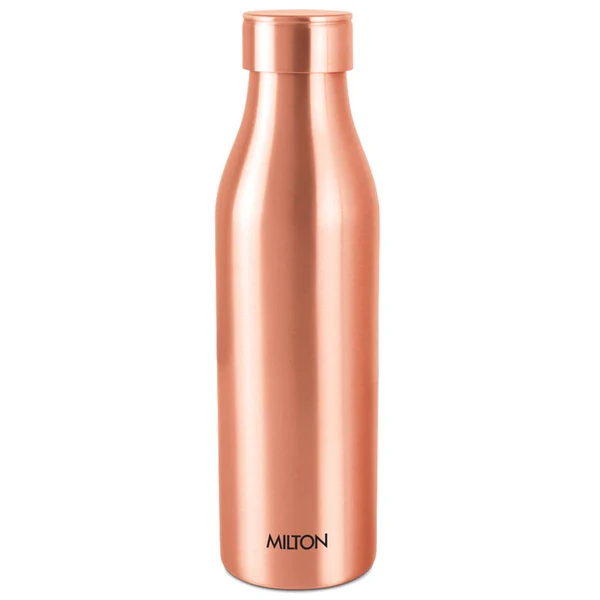I. Introduction
- A. Opening statement
- B. Importance of hydration
- C. Common misconceptions about water intake
II. Factors Influencing Water Needs
- A. Body weight and size
- B. Physical activity level
- C. Climate and environmental conditions
III. General Guidelines
- A. Recommended daily water intake
- B. Water needs for different age groups
- C. Adjusting for various health conditions
IV. Signs of Dehydration
- A. Thirst as an indicator
- B. Physical symptoms of dehydration
- C. Importance of recognizing signs early
V. Benefits of Proper Hydration
- A. Improved cognitive function
- B. Skin health and appearance
- C. Impact on weight management
VI. Water Sources Beyond Plain Water
- A. Hydration from beverages
- B. Water content in food
- C. Monitoring overall fluid intake
VII. Hydration Challenges
- A. Balancing hydration with caffeinated beverages
- B. Overhydration risks and prevention
- C. Hydration during illness or pregnancy
VIII. Creating Healthy Hydration Habits
- A. Establishing a daily water routine
- B. Using technology to track water intake
- C. Incorporating hydration into meals
IX. Common Myths About Hydration
- A. Myth: Eight glasses a day
- B. Myth: All beverages hydrate equally
- C. Myth: Thirst equals dehydration
X. Special Considerations for Athletes
- A. Importance of hydration in sports
- B. Electrolyte balance during intense exercise
- C. Hydration strategies for athletes
XI. Conclusion
- A. Recap of key points
- B. Emphasizing the individual nature of hydration needs
- C. Encouragement for adopting a mindful approach
XII. FAQs
- A. How much water is too much?
- B. Can you rely on thirst alone to gauge hydration needs?
- C. Do other beverages count towards daily water intake?
- D. Are there specific health conditions requiring increased water intake?
- E. What role does water play in weight loss?
How Much Water Should You Drink Daily?
Introduction
Water, the elixir of life, plays a crucial role in maintaining overall well-being. In this article, we will delve into the often perplexing question: How much water should you drink daily? Understanding your body’s unique needs and debunking common myths is essential for staying adequately hydrated.
Factors Influencing Water Needs
Factors like body weight, physical activity level, and environmental conditions significantly impact your daily water requirements. It’s crucial to recognize these variables to tailor your hydration habits accordingly.
General Guidelines
The recommended daily water intake isn’t a one-size-fits-all approach. Discover the ideal water needs for different age groups and learn how to adjust for various health conditions.
Signs of Dehydration
Thirst is not the only indicator of dehydration. Explore the physical symptoms and understand the importance of recognizing signs early to prevent complications.
Benefits of Proper Hydration
Proper hydration goes beyond quenching your thirst. Uncover the surprising benefits, including improved cognitive function, enhanced skin health, and its impact on weight management.
Water Sources Beyond Plain Water
Hydration isn’t limited to plain water. Explore the contribution of beverages and food to your overall fluid intake, emphasizing the importance of a balanced approach.
Hydration Challenges
Balancing hydration with caffeinated beverages, preventing overhydration, and addressing specific needs during illness or pregnancy are essential aspects to consider.
Creating Healthy Hydration Habits
Establishing a daily water routine, utilizing technology for tracking intake, and incorporating hydration into meals can transform hydration from a chore into a lifestyle.
Common Myths About Hydration
Dispelling myths such as the eight glasses a day rule, the idea that all beverages hydrate equally, and the misconception that thirst always equals dehydration.
Special Considerations for Athletes
Athletes have unique hydration needs. Learn about the importance of hydration in sports, maintaining electrolyte balance, and effective hydration strategies during intense exercise.
Conclusion
In conclusion, adopting a mindful approach to hydration is key. Recap the main points and emphasize the individual nature of water needs, encouraging readers to listen to their bodies.
FAQs
- How much water is too much?
- It’s rare but possible to drink too much water, leading to a condition called hyponatremia. Listen to your body and avoid excessive intake.
- Can you rely on thirst alone to gauge hydration needs?
- While thirst is a reliable indicator for many, factors like age and activity level can affect your body’s signaling. It’s best to balance thirst with conscious monitoring.
- Do other beverages count towards daily water intake?
- Yes, beverages like tea, coffee, and even some fruits contribute to your overall hydration. However, water remains the healthiest choice.
- Are there specific health conditions requiring increased water intake?
- Certain conditions, such as kidney stones or urinary tract infections, may necessitate increased water intake. Consult your healthcare professional for personalized advice.
- What role does water play in weight loss?
- Water can aid in weight loss by promoting a feeling of fullness and supporting metabolism. However, it’s not a magic solution, and a balanced diet and exercise are crucial.





